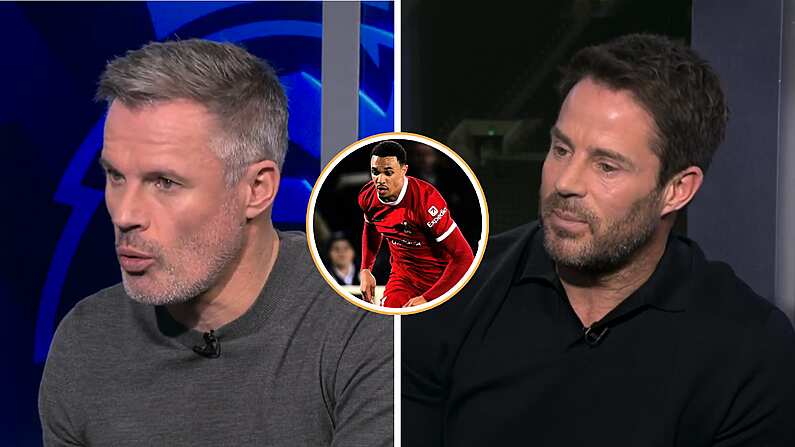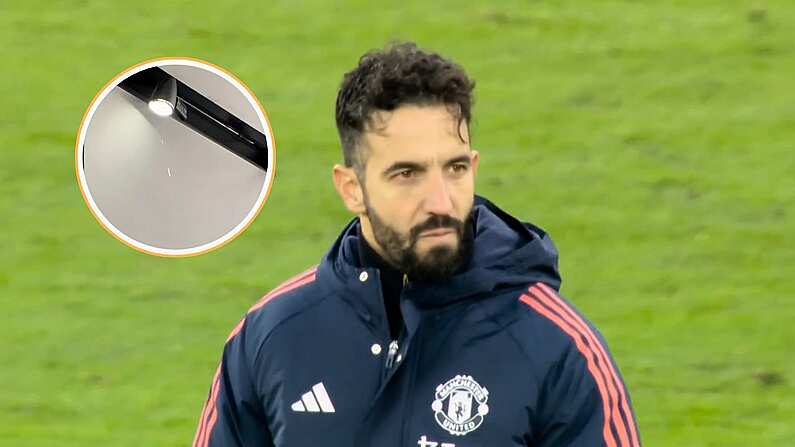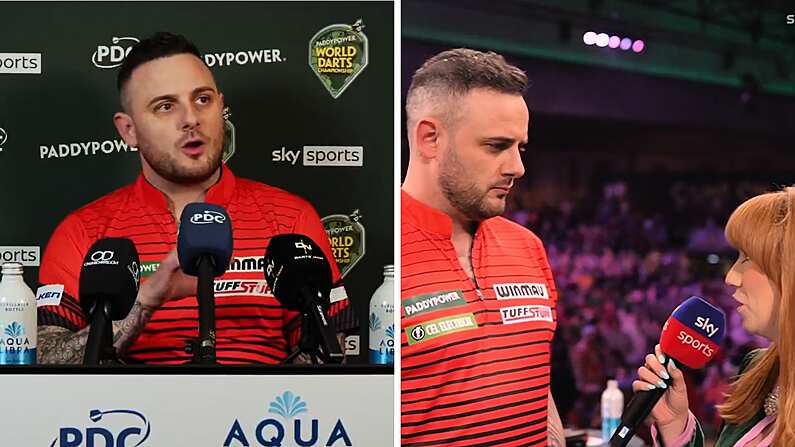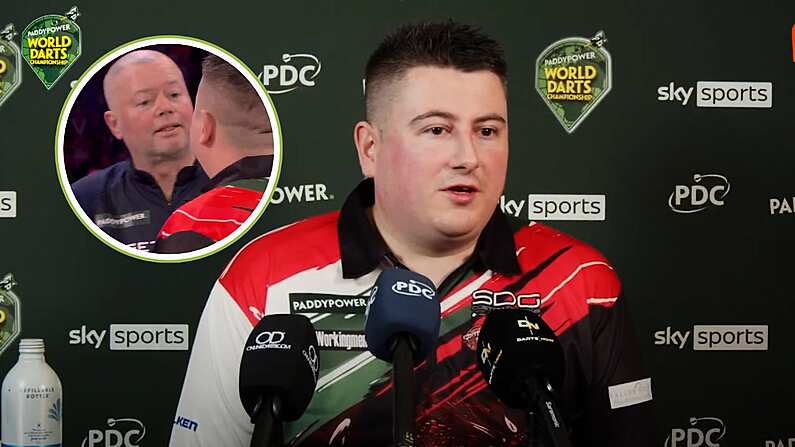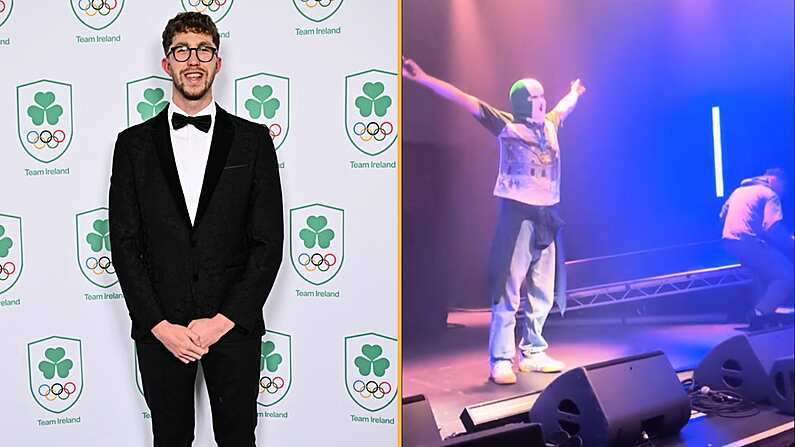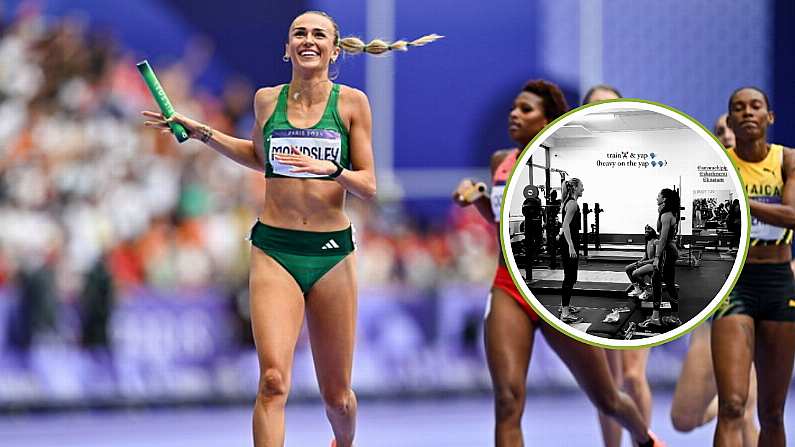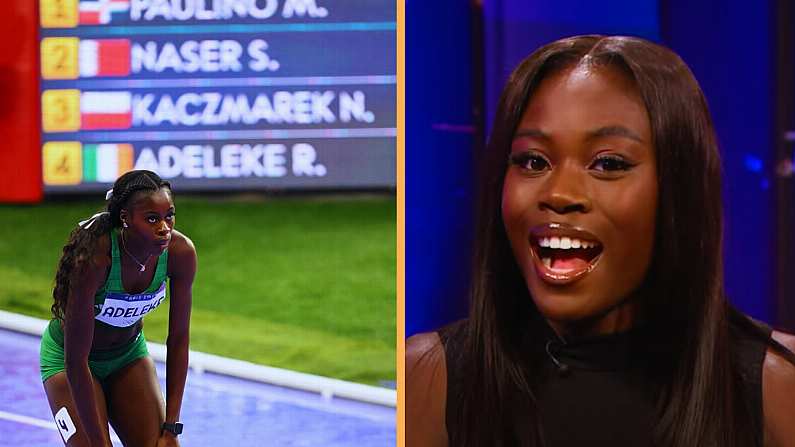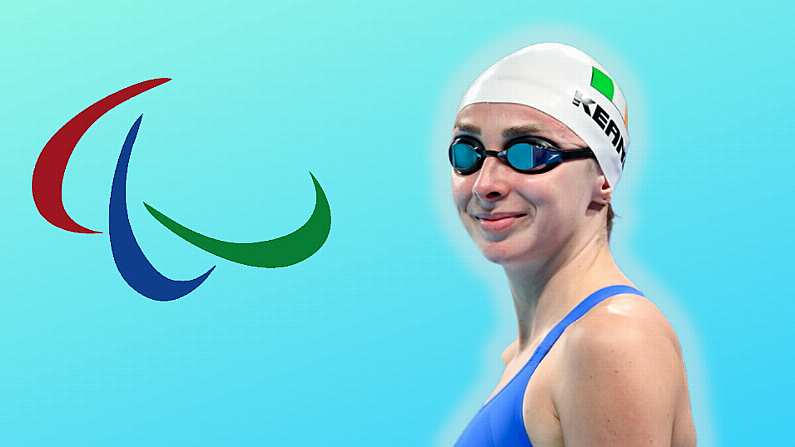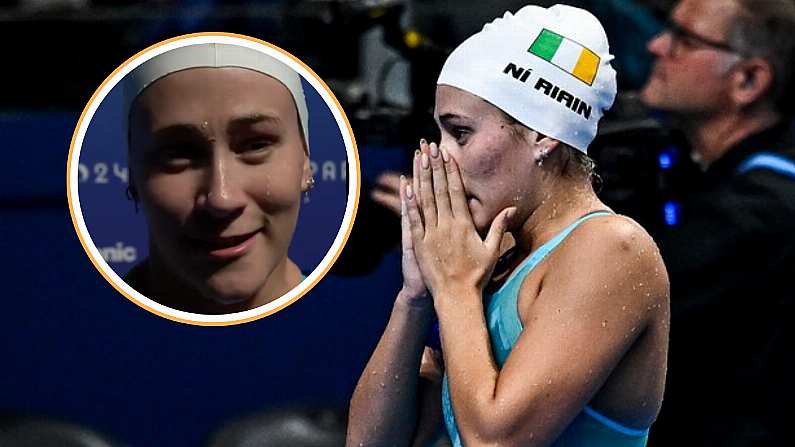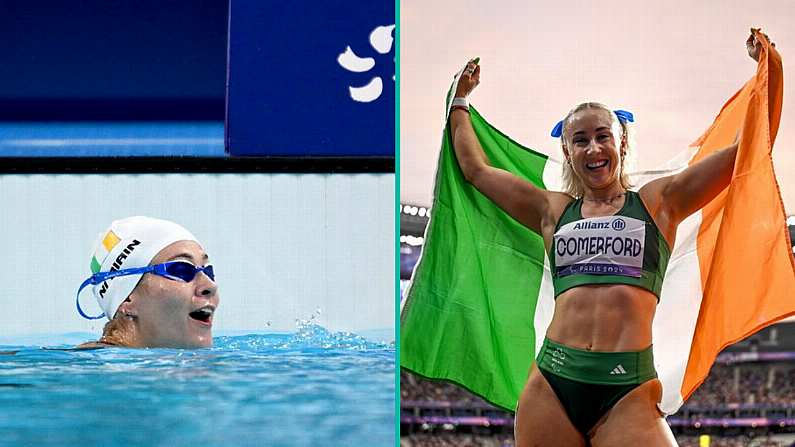There has been widespread outrage in Brazil ahead of the Paralympic Games (due to begin on 7th September) due to a highly controversial publicity campaign by magazine 'Vogue Brazil'.
The campaign features a photograph of two able-bodied models, Cleo Pires and Paulo Vilhena, with disabilities photoshopped onto them to make them look like Paralympians. The intention behind the campaign was to emphasize the slogan, "We are all Paralympians".
#SomosTodosParalímpicos: a campanha com @pires_cleo e Paulinho Vilhena https://t.co/05nklRVV25 pic.twitter.com/nbsDSGcFTG
— Vogue Brasil (@voguebrasil) August 24, 2016
The campaign has been roundly slated. One disability rights activist called it "a mess" and requested that Vogue Brazil "show respect".
Vogue Brazil couldn't actually use photos of..oh I don't know, Actual Brazilian Paralympians for their campaign. Offensive. Lazy.
— Drew (@JustRollinOn86) August 25, 2016
It's not often that Playboy gets held up as an example of what is morally upstanding in the world. But people are pointing to a campaign that the magazine engaged in as a way of showing what Vogue should have done-in other words, take photos of actual Paralympic athletes.
Playboy featured Camille Rodrigues, a Paralympic swimmer.
The magazine responded by saying that the campaign's intention was to "promote the importance of Paralympic Games" and that they wished to "continue to support all of the Paralympic committee initiatives that can increase the number of attendees at the Paralympic Games".
There are those who have supported Vogue's campaign-one wheelchair tennis player told the BBC that she thinks what is important is "promoting the Paralympics" and that the photo achieves this. However, one charity head told HuffPost UK that a chance had been missed to "challenge negative attitudes to disability" and "celebrate Brazil's talented Paralympians as sporting equals".
While the method might be questionable, there is no doubt that efforts need to be made to promote the Games, as fears mount that stadiums could be almost empty for many of the events. Athletes have even been reduced to forking out for tickets themselves in an attempt to fill up seats. Recent reports were that as few as 486,000 of the 2 million tickets for sale were actually purchased.
See also: "Every Time I Say Goodbye To My Mum, Dad And Brother, It Hurts Me. I Deserve This."


